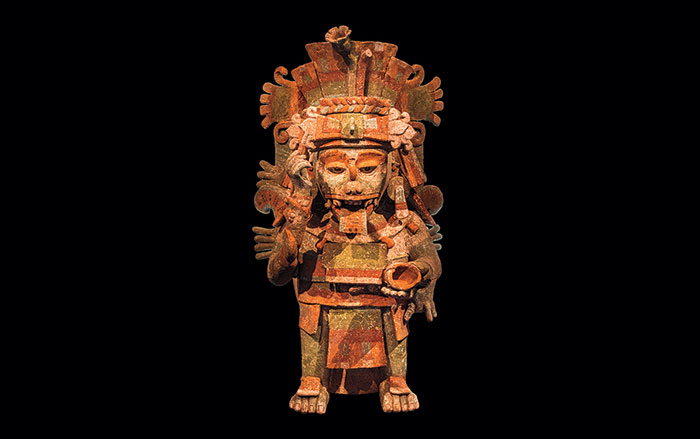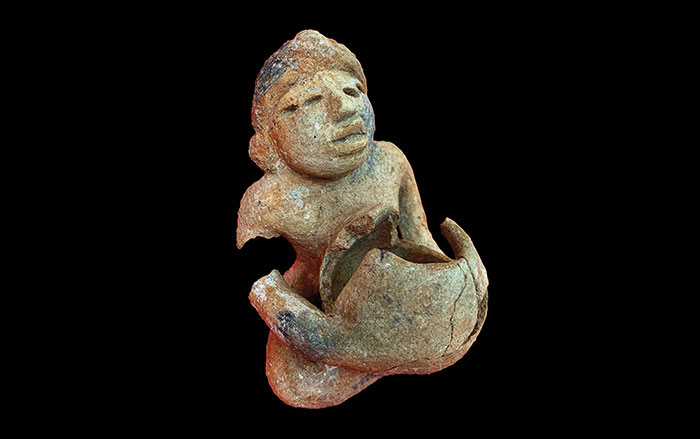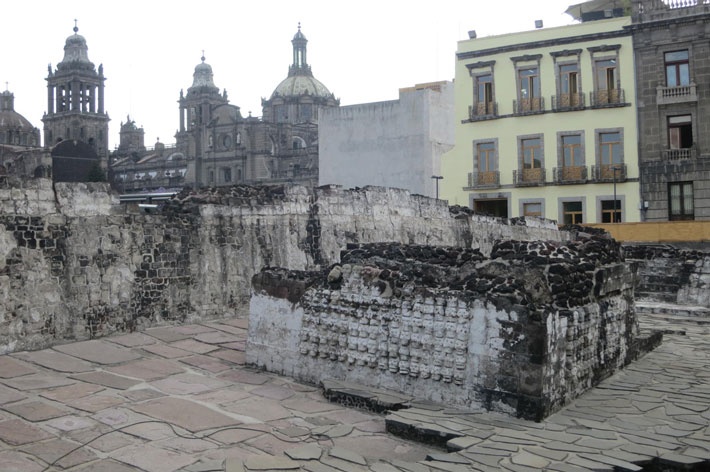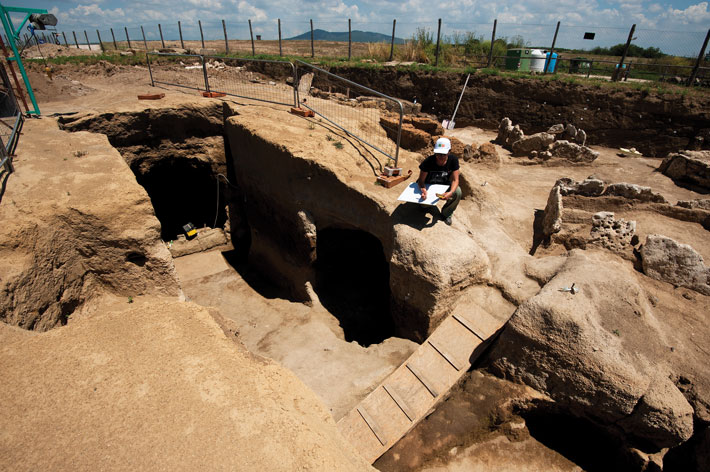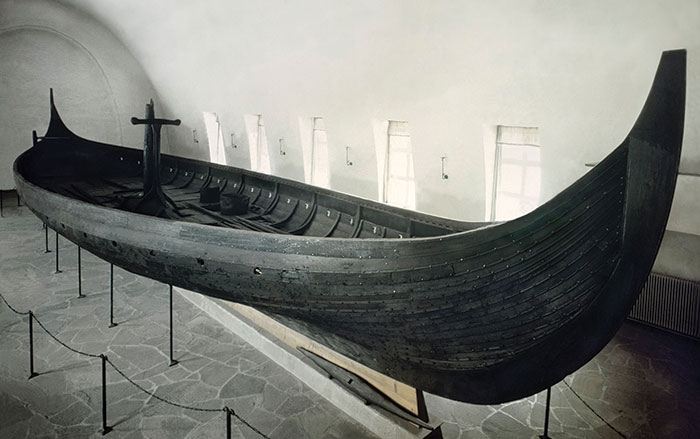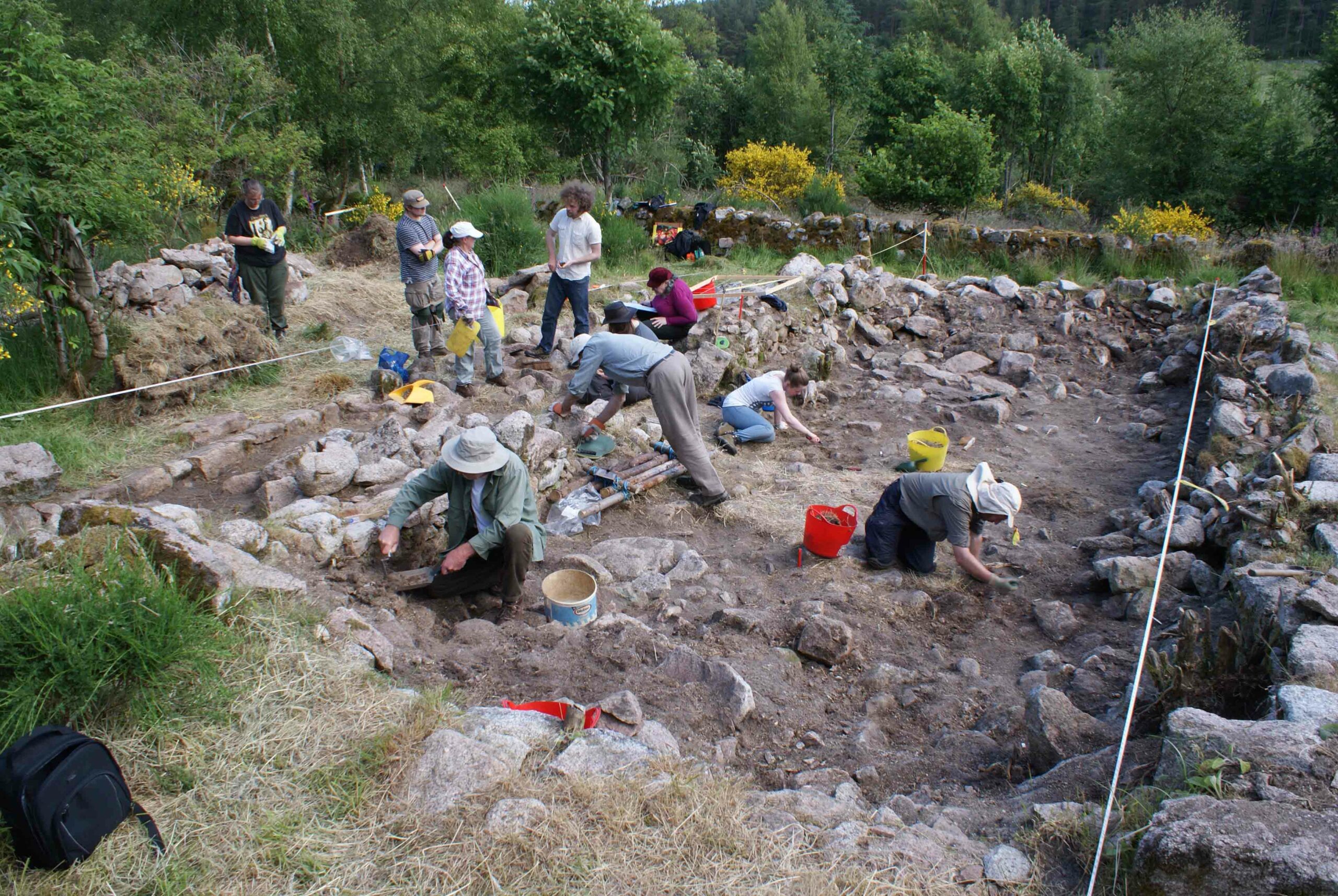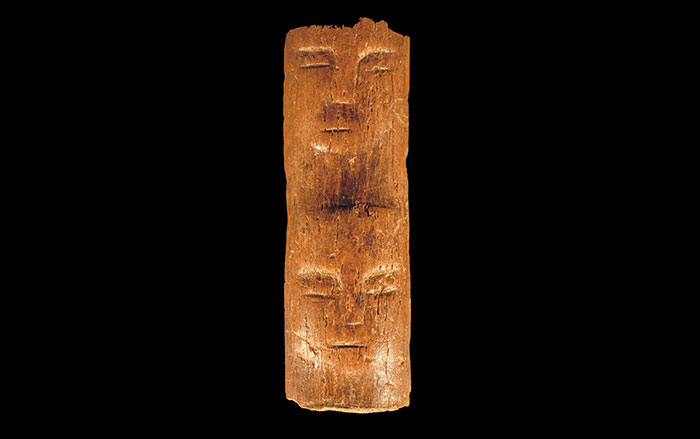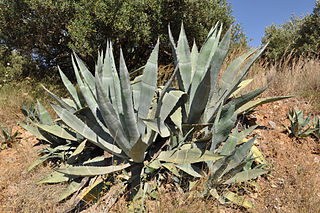
BRISTOL, ENGLAND—Scientists ground up more than 300 pottery sherds from Mexico’s ancient city of Teotihuacan, then scanned the resulting powder for traces of food or drink that the unglazed ceramic might have absorbed. In particular, they looked for the alcohol-making bacterium Zymomonas mobilis, which is necessary for the creation of pulque, a milky drink made from the sap of the agave plant. Pulque could have provided the people of Teotihuacan with needed calories, essential nutrients, and probiotic bacteria during times of drought. The researchers found direct chemical evidence for the making of pulque on 14 of the sherds. “This project pushed the detection limits of absorbed organic residue analysis,” archaeological chemist Marisol Correa-Ascencio of the University of Bristol told Live Science. To read about recent discoveries at Teotihuacan, see ARCHAEOLOGY's "Under the Pyramid of the Sun."




